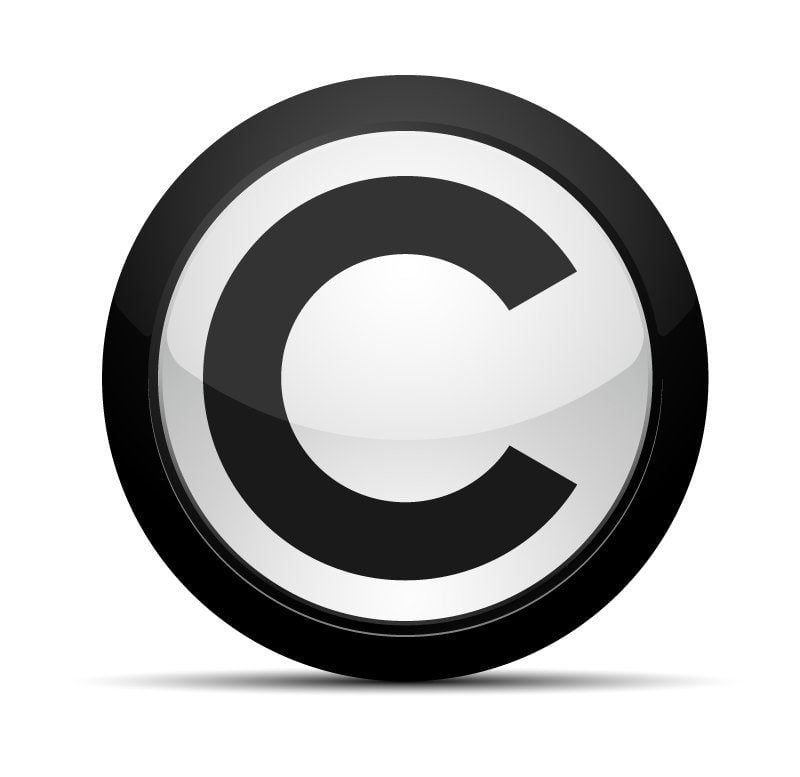It can wreck the Internet as we comprehend it and damage free speech and dissent, but BigTech companies should share the blame, too. On March 26, European Union’s Parliament surpassed a copyright regulation that many suppose might alternate the manner content is used and disseminated at the World Wide Web, which mockingly and quite curiously grew to become 30 this month. Wikipedia founder Jimmy Wales, arguably the maximum popular critic of the brand new EU law, tweeted that “You, the Internet consumer, have misplaced a large war today.” According to Wales, the free and open net is being quickly handed over to corporate giants at the rate of everyday people. And he is not on my own. World Wide Web founder Tim Berners Lee termed the regulation “a drawing close hazard to the future of the internet.”
 But the EU law — which arrived following a nearly three-12 months call for to reform EU’s copyright legal guidelines that many organizations and activists felt became stuck in a time warp and had snowballed into controversy even if European lawmakers had been discussing it as many felt it would deliver memes (parody content material) and gifs beneath copyright — has well-known supporters as properly. Beatles celebrity Sir Paul McCartney started the new regulations that could assist musicians inside the virtual age to benefit their fair share of royalties and rights from the technology businesses that have been using such content material at will and free of price.
But the EU law — which arrived following a nearly three-12 months call for to reform EU’s copyright legal guidelines that many organizations and activists felt became stuck in a time warp and had snowballed into controversy even if European lawmakers had been discussing it as many felt it would deliver memes (parody content material) and gifs beneath copyright — has well-known supporters as properly. Beatles celebrity Sir Paul McCartney started the new regulations that could assist musicians inside the virtual age to benefit their fair share of royalties and rights from the technology businesses that have been using such content material at will and free of price.
On their component, the EU lawmakers say the law is the need of the hour. The two EU commissioners — Andrus Ansip and Mariya Gabriel — who mooted the brand new law said it would beef up Europe’s creative industries, representing 11.65 million jobs, 6. Eight according to cent of GDP and are worth €915,000 million a yr. EU member-states can take their own call on the law and have a two-year window to behave on it.
All that sounds kosher; however, it’s for a reality that Article eleven and Article thirteen of the brand new regulation will throw a spanner within the works of the Web, especially how consumer-generated content is uploaded on systems such as YouTube. Even although the arguably new directive has spared memes (parody cloth that function stills and video pictures from movies, books, and so on.) and the Graphics Interchange Format or GIF (a brief, animated video), the brand new framework will grow to be imperiling the manner people use copyrighted material online.








